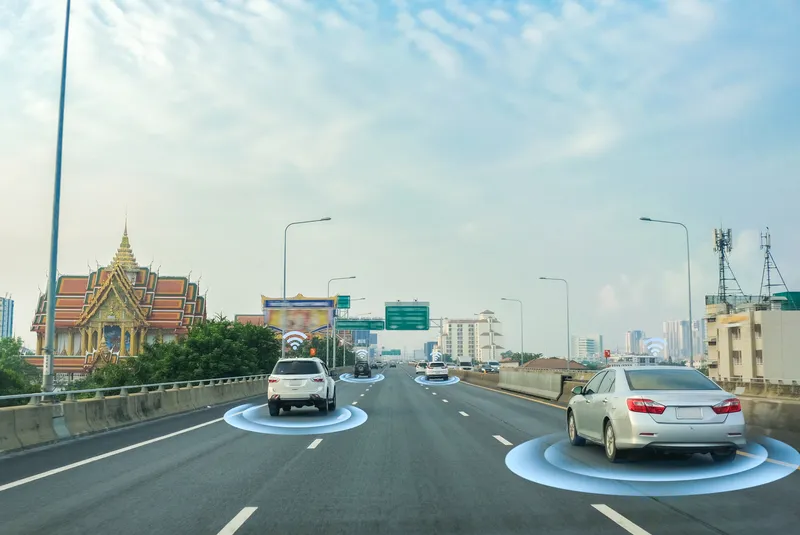British companies
Using entirely British engineering and software capabilities, the new consortium members will be developing the existing UltraPods currently in service at Heathrow Airport into fully autonomous and electric passenger shuttles. Operating at Terminal 5 for nearly five years, these pods have already carried 1.5m passengers and completed 3m kilometres of fully automated operation. Led by Westfield Sportcars, these pods will now be adapted to navigate the streets of Greenwich without the need for dedicated tracks.
The addition of the new consortium members brings a wealth of expertise to the GATEway project. Westfield will act as the vehicle integrator and manufacturer of the pods, responsible for the design and testing of the vehicles and ensuring that, where possible, they are manufactured in accordance with the current type approval requirements. Heathrow Enterprises will be responsible for vehicle software engineering, while Oxbotica will be deploying its vertically integrated autonomy solution, which includes mapping, localisation, perception and trajectory planning, to enable the safe operation of fully driverless shuttles in Greenwich. It will also implement an innovative cloud-based shuttle management system, enabling the shuttles to operate as part of a synchronised, self-governing ecosystem, complete with smartphone booking applications, monitoring and reporting.
The US$11 million GATEway project is jointly funded by Innovate UK and industry. Led by the Transport Research Laboratory (
The shuttle trial, which is one of three automated vehicle tests within the GATEway project, will investigate public acceptance of automated shuttle vehicles within the urban mobility landscape. Other trials set to take place in the project include autonomous valet parking and automated deliveries.
Heathrow’s Ultra Pod technology joins GATEway driverless car pilot
British companies Westfield Sportscars, Heathrow Enterprises and Oxbotica have joined the GATEway (Greenwich Automated Transport Environment) project in Greenwich and are currently developing driverless shuttles for operation in Greenwich in summer 2016. Using entirely British engineering and software capabilities, the new consortium members will be developing the existing UltraPods currently in service at Heathrow Airport into fully autonomous and electric passenger shuttles. Operating at Terminal 5 for ne
January 29, 2016
Read time: 2 mins
Related Content










